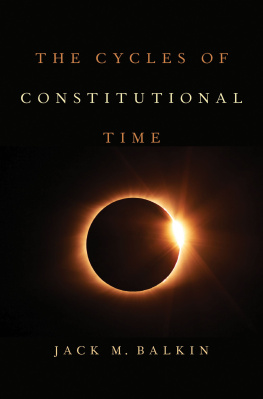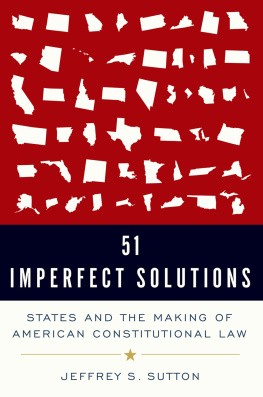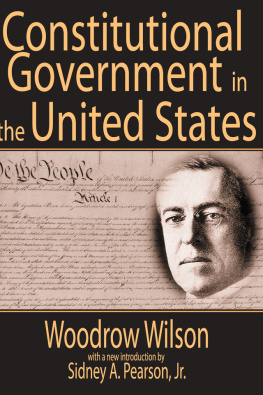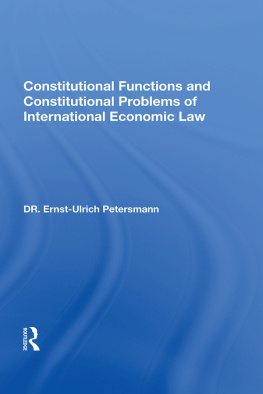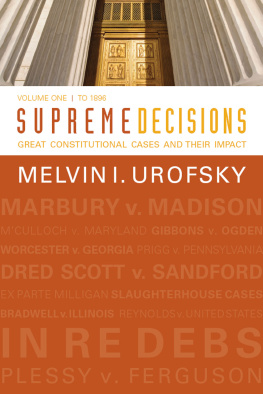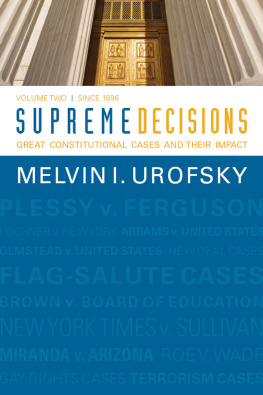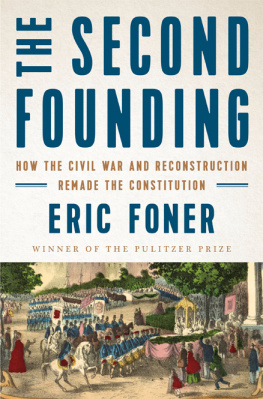Bruce Ackerman - We the People, Volume 2: Transformations
Here you can read online Bruce Ackerman - We the People, Volume 2: Transformations full text of the book (entire story) in english for free. Download pdf and epub, get meaning, cover and reviews about this ebook. year: 2000, publisher: Harvard University Press, genre: Politics. Description of the work, (preface) as well as reviews are available. Best literature library LitArk.com created for fans of good reading and offers a wide selection of genres:
Romance novel
Science fiction
Adventure
Detective
Science
History
Home and family
Prose
Art
Politics
Computer
Non-fiction
Religion
Business
Children
Humor
Choose a favorite category and find really read worthwhile books. Enjoy immersion in the world of imagination, feel the emotions of the characters or learn something new for yourself, make an fascinating discovery.

- Book:We the People, Volume 2: Transformations
- Author:
- Publisher:Harvard University Press
- Genre:
- Year:2000
- Rating:3 / 5
- Favourites:Add to favourites
- Your mark:
We the People, Volume 2: Transformations: summary, description and annotation
We offer to read an annotation, description, summary or preface (depends on what the author of the book "We the People, Volume 2: Transformations" wrote himself). If you haven't found the necessary information about the book — write in the comments, we will try to find it.
Constitutional change, seemingly so orderly, formal, and refined, has in fact been a revolutionary process from the first, as Bruce Ackerman makes clear in We the People: Transformations. The Founding Fathers, hardly the genteel conservatives of myth, set America on a remarkable course of revolutionary disruption and constitutional creativity that endures to this day. After the bloody sacrifices of the Civil War, Abraham Lincoln and the Republican Party revolutionized the traditional system of constitutional amendment as they put principles of liberty and equality into higher law. Another wrenching transformation occurred during the Great Depression, when Franklin Roosevelt and his New Dealers vindicated a new vision of activist government against an assault by the Supreme Court.
These are the crucial episodes in American constitutional history that Ackerman takes up in this second volume of a trilogy hailed as one of the most important contributions to American constitutional thought in the last half-century (Cass Sunstein, New Republic). In each case he shows how the American people--whether led by the Founding Federalists or the Lincoln Republicans or the Roosevelt Democrats--have confronted the Constitution in its moments of great crisis with dramatic acts of upheaval, always in the name of popular sovereignty. A thoroughly new way of understanding constitutional development, We the People: Transformations reveals how Americas dualist democracy provides for these populist upheavals that amend the Constitution, often without formalities.
The book also sets contemporary events, such as the Reagan Revolution and Roe v. Wade, in deeper constitutional perspective. In this context Ackerman exposes basic constitutional problems inherited from the New Deal Revolution and exacerbated by the Reagan Revolution, then considers the fundamental reforms that might resolve them. A bold challenge to formalist and fundamentalist views, this volume demonstrates that ongoing struggle over Americas national identity, rather than consensus, marks its constitutional history.
Bruce Ackerman: author's other books
Who wrote We the People, Volume 2: Transformations? Find out the surname, the name of the author of the book and a list of all author's works by series.

